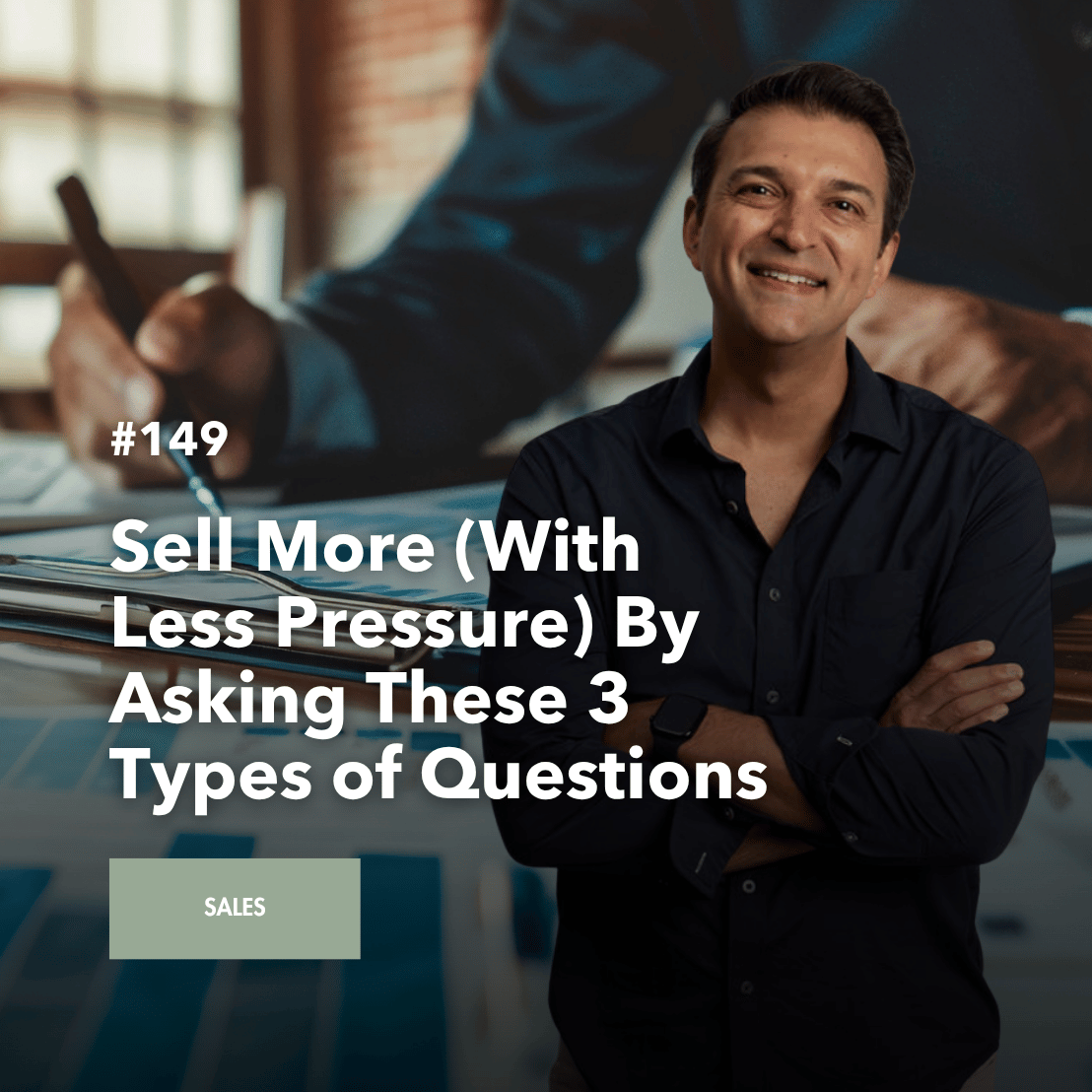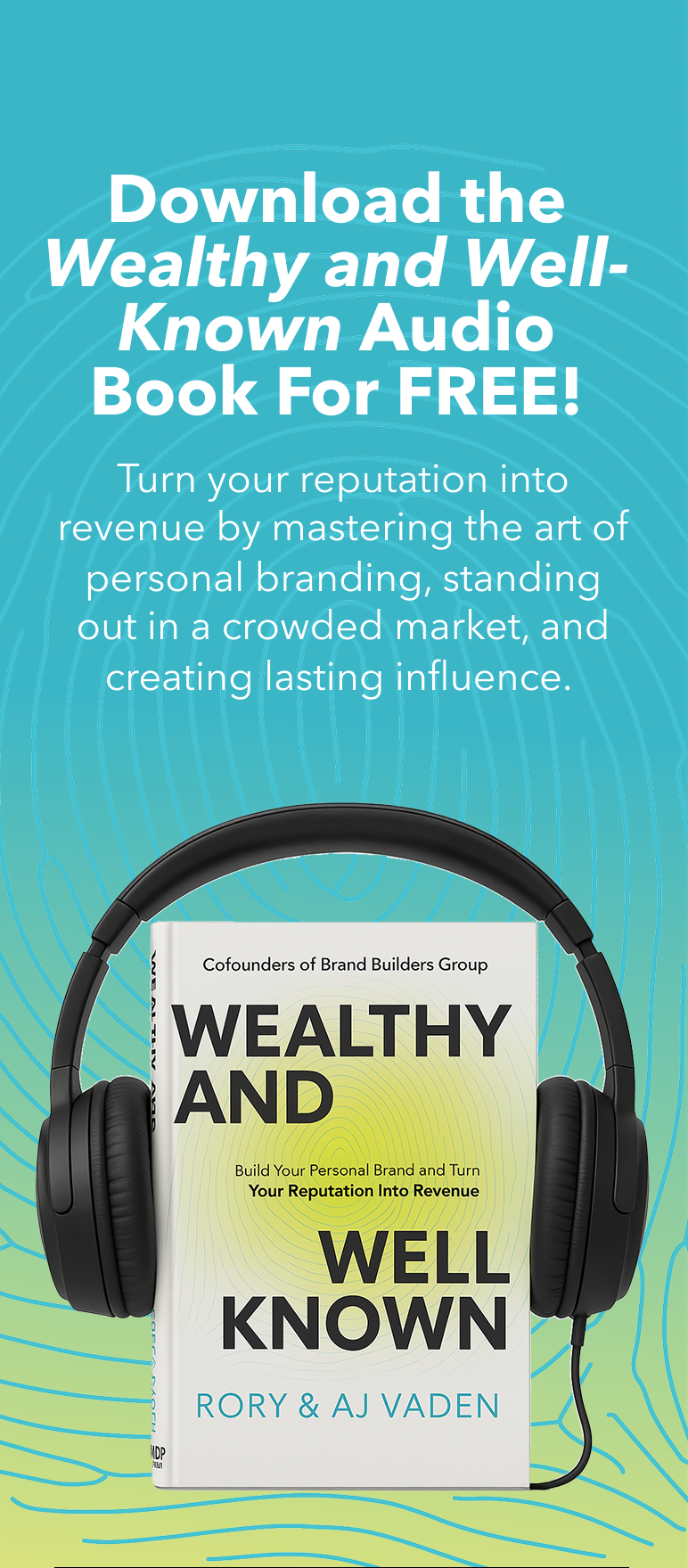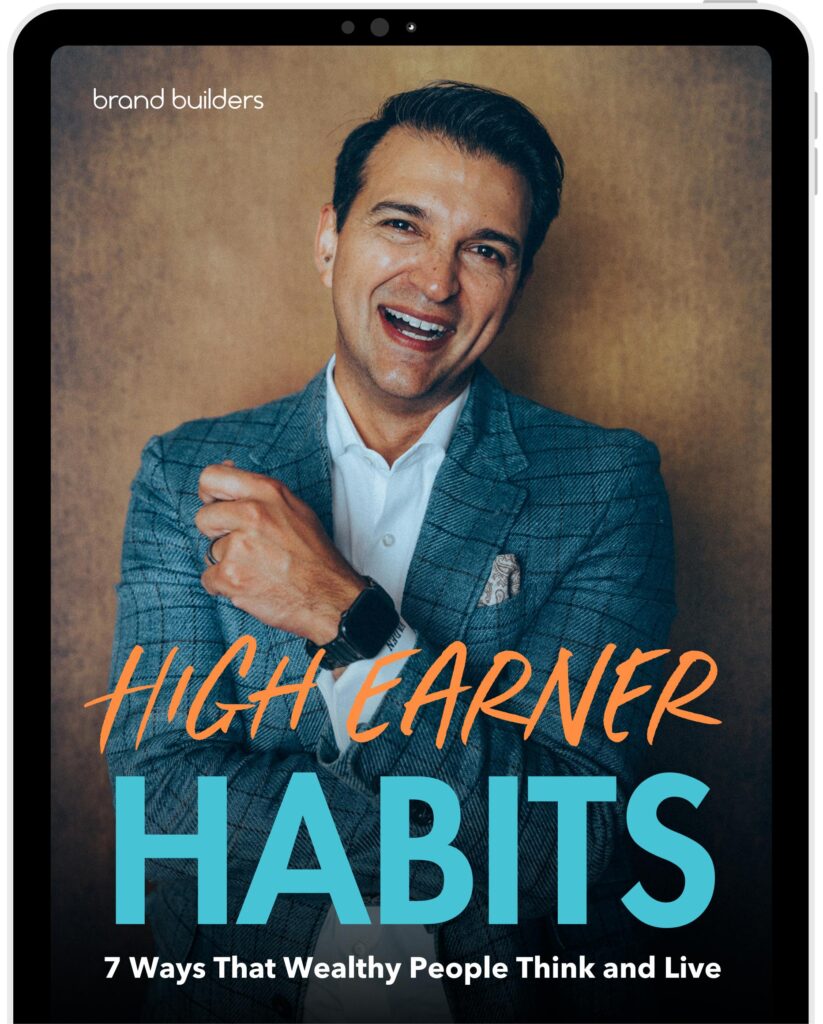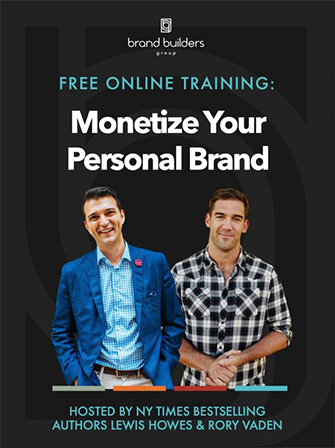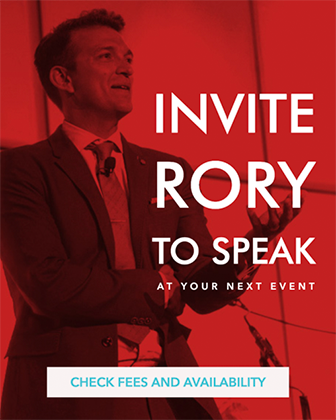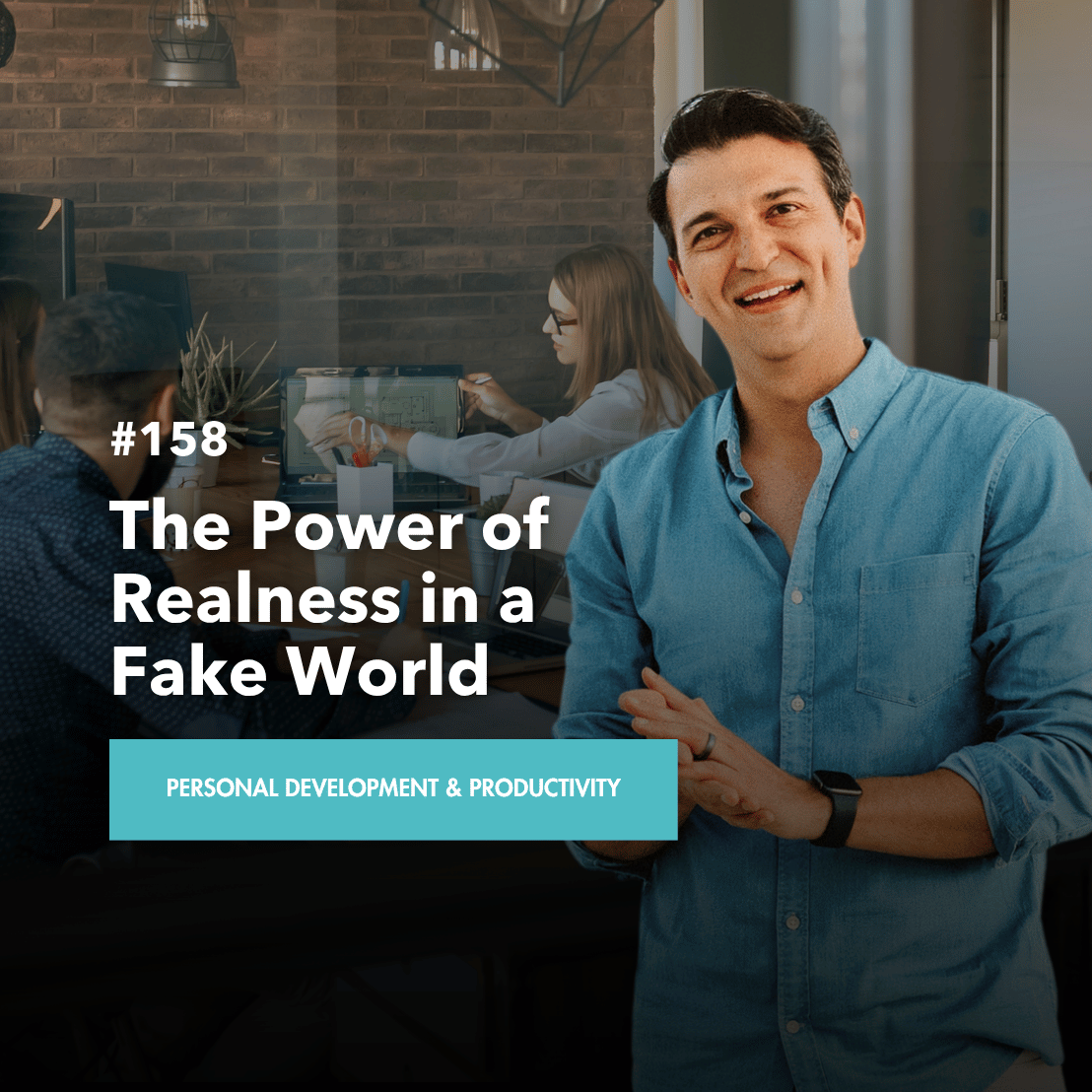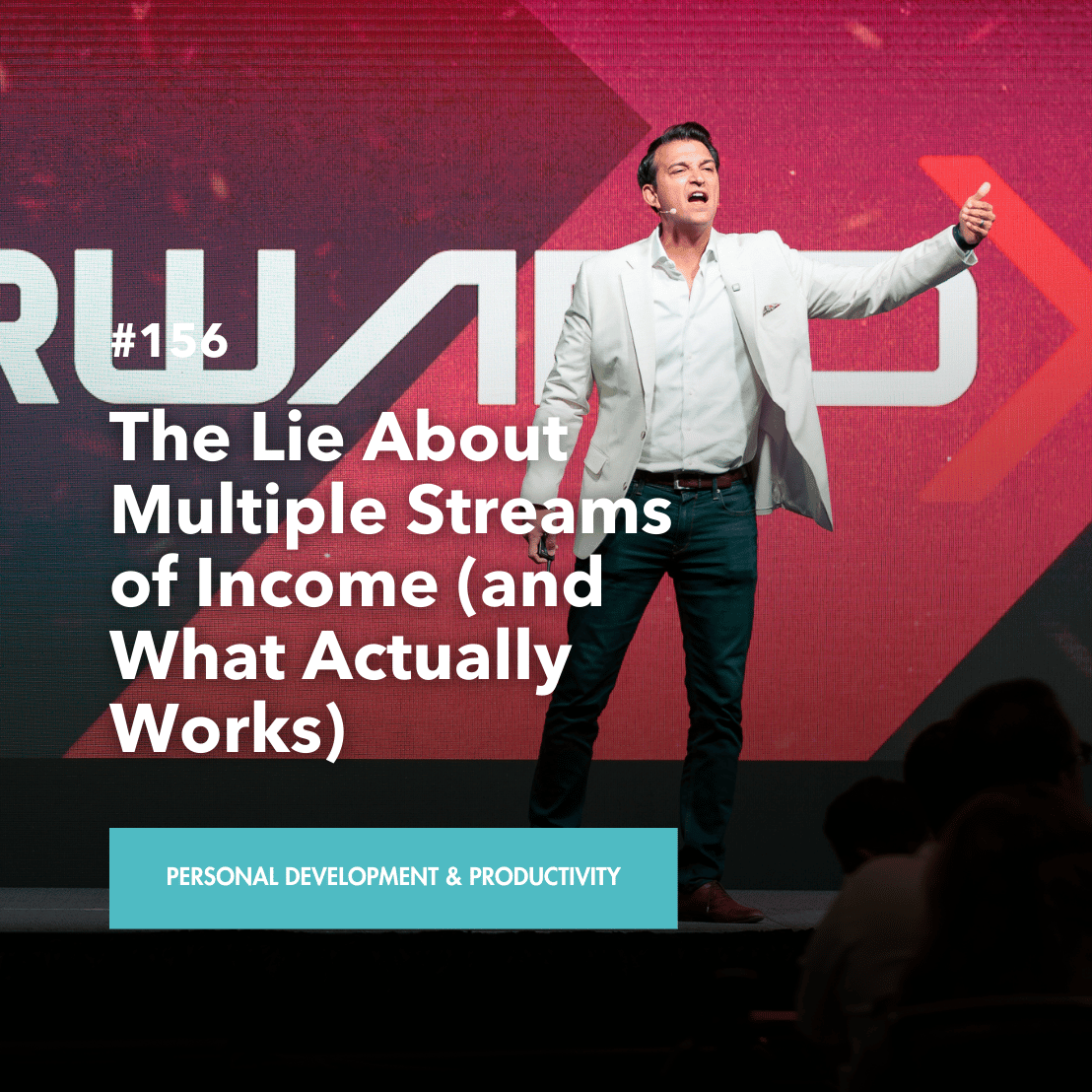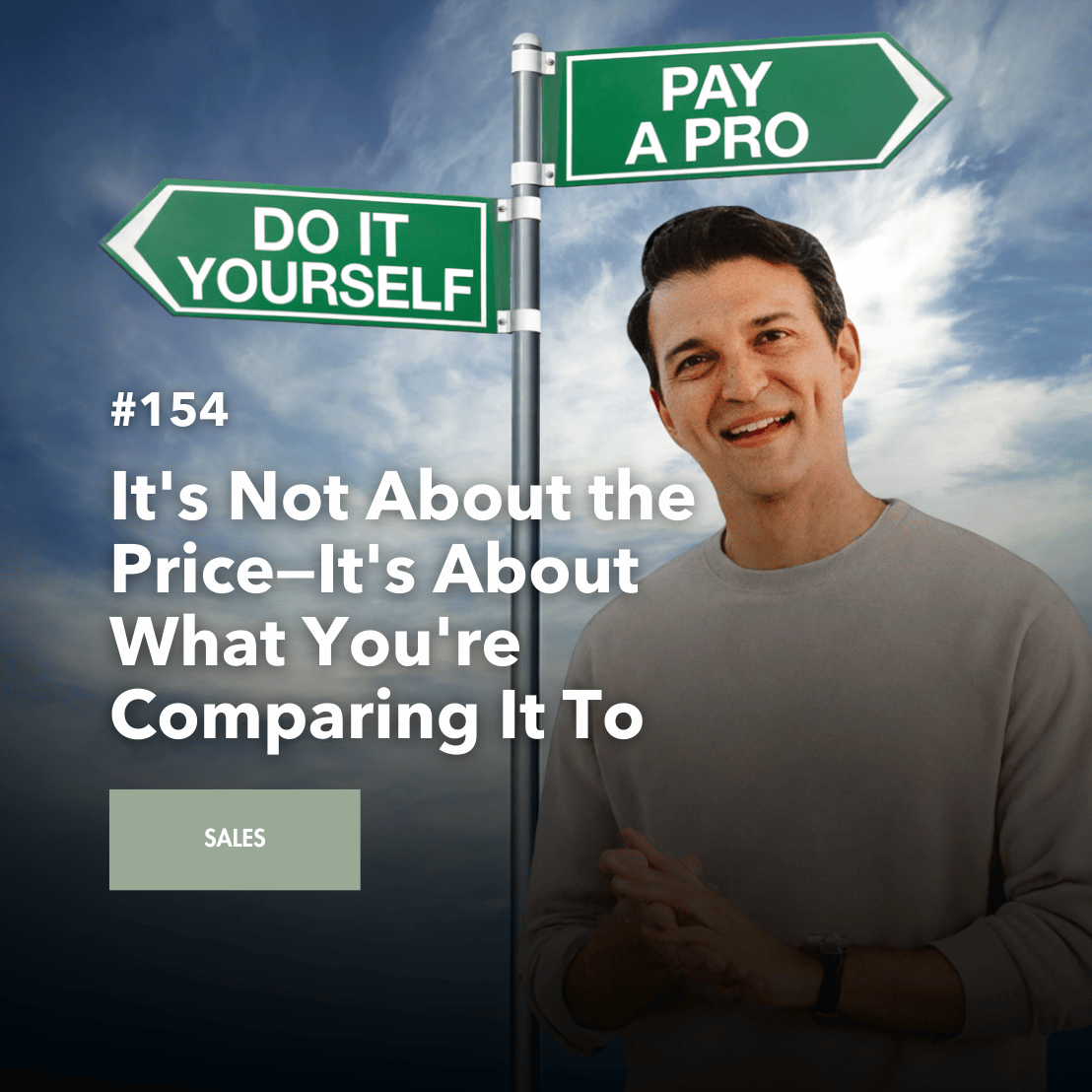Sales is not about pushing.
If done correctly, it’s about serving.
And most people get that completely backwards.
For years I’ve watched business owners shy away from studying closing techniques because they don’t want to become “too salesy.”
But here’s the truth: the better trained you are at closing, the less pressure you actually apply.
In fact, highly skilled closers make their prospects feel like they chose to buy (because they did).
That’s why I want to walk you through 3 categories of closing questions every service-centered entrepreneur needs to know.
Consider this your professional training.
It’s what separates the amateurs from the pros.
First, Why Most Closers Get It Wrong
A true professional studies the art of closing the same way an athlete studies game film or a doctor completes residency.
Yet in entrepreneurship, too many people wing it…and it shows.
What people misunderstand is that the more trained you are, the less pressure you apply.
Real closers don’t coerce, they guide.
They don’t push, they lead.
If you’re running a mission-driven business and you’re committed to helping people, then becoming great at closing is essential for business survival.
Now let’s jump into the 3 categories of closing questions.
(Quick note: Inside Brand Builders Group, we teach 9 categories of closing questions. But because I don’t want this post to go on into infinity, I’m stopping at 3 categories — which is plenty to get you started. I might do a part 2 and 3 of this topic later.)
1. Gauge Questions: Feel the Temperature
This is your level-one move.
A gauge question checks the temperature of where someone is in the process.
Are they with you?
Are they interested?
Should we even keep talking?
Think of it as the first checkpoint on your sales journey.
Sample gauge questions:
- How is this sounding so far?
- Does this all make sense?
- Are you following this?
This is about timing.
There’s a window where someone is open to transformation, and if you talk too long, they’ll pass the purchase point.
Gauge questions help you hit that window right on time.
2. Confirmation Questions: Create Conceptual Agreement
These are powerful.
A confirmation question verifies something they already said and shows that you’re listening.
This moves the conversation forward because you’re reinforcing their own words back to them.
You’re building conceptual agreement before you ever ask for literal agreement.
Sample confirmation questions:
- Am I correct in understanding that your dream is to speak on more stages?
- If I can help you figure out how to get booked consistently, would that be valuable to you?
- Would this help you reach your goal of growing your podcast?
These questions usually have a predictable “yes” because you’re aligned with what they already said matters most to them.
3. Open-Ended Questions: Dangerous if Overused
This is where most people default.
And overused, open-ended questions can be dangerous because they invite indecision.
Ending a sales presentation with, “So what do you think?” is like handing someone a remote and asking them to choose between 700 channels.
That’s not leadership, that’s abdication.
Instead, your job is to lead people to clarity.
You’re not just tossing the ball into their court and hoping for the best.
You’re walking alongside them and helping them make a confident decision.
Why Your Sales Process Needs These Closing Questions
If you’re in business to serve, and especially if you’re building a personal brand, you owe it to your prospects to learn how to guide them well.
Think of closing as a sacred responsibility.
When someone is interested and you fail to lead them forward, you’re robbing them of the transformation they were ready for.
That’s why at Brand Builders Group we built our ENTIRE methodology around service-centered selling.
We don’t teach slick tactics.
We teach timeless principles that work because they’re rooted in human psychology, not manipulation.
You Don’t Need to Be Pushy to Be Powerful
When you learn how to ask the right questions at the right time, closing becomes natural, organic, and genuinely helpful.
You won’t need to pressure people.
Instead, they’ll thank you for helping them get unstuck.
And that’s what we want for every mission-driven entrepreneur we work with.
If you want to become a more confident closer and start seeing more consistent results in your business, we’d love to talk.
Schedule a Free Brand Call and let’s figure out where you are, where you want to go, and a plan to get there.
